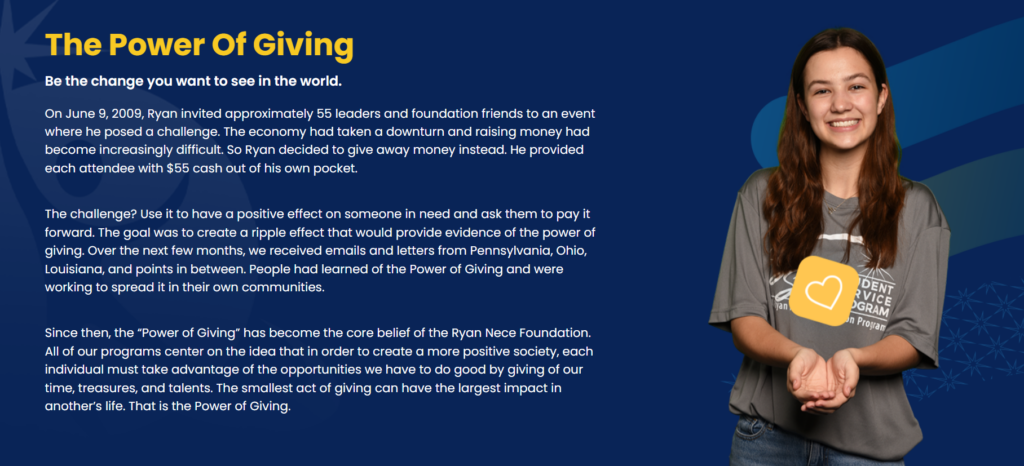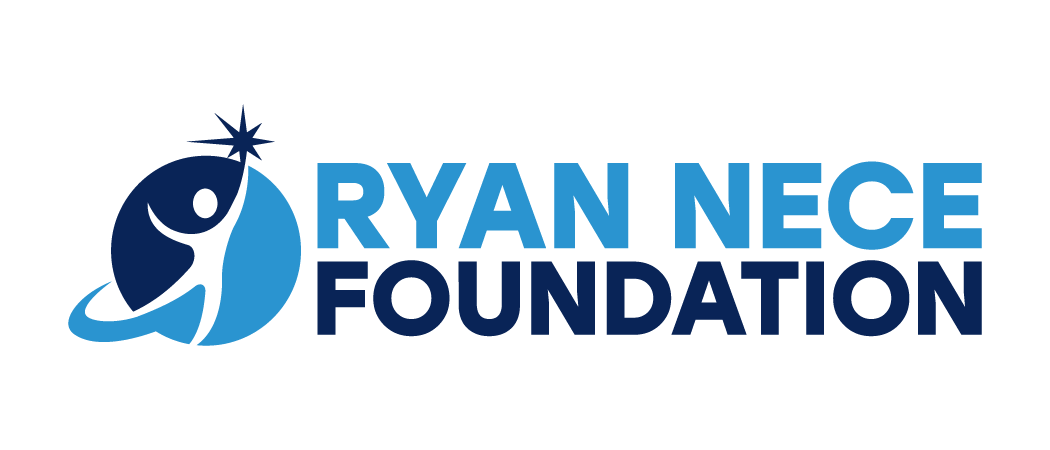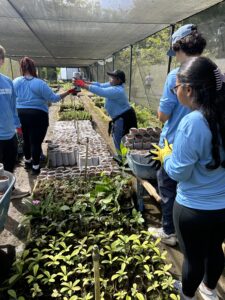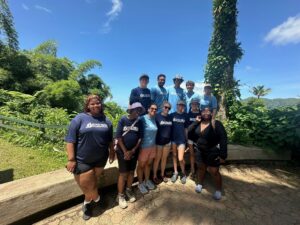In the whirlwind of our daily lives, it’s easy to become engrossed in the pursuit of personal success and happiness. However, one often underestimated avenue to enhance well-being is the transformation from the Power of Giving. Acts of kindness and community contribution can significantly impact mental health, creating a ripple effect of joy and fulfillment.

One of the primary benefits of giving back is the profound sense of purpose it instills. Volunteering or contributing to a cause larger than oneself provides a deeper meaning to life. The awareness that your actions are making a positive impact on others fosters a sense of fulfillment and purpose, contributing to overall mental well-being.
Moreover, engaging in altruistic activities triggers the release of neurotransmitters like serotonin and oxytocin, associated with happiness and pleasure. Beyond helping others, giving back becomes a powerful tool for boosting personal mood and satisfaction. It’s a win-win scenario where the giver reaps as much joy as the receiver. According to Cleveland Clinic, giving back can also help to lower blood pressure, increase your life span, reduce stress, and lead to a “helper’s high.”
Giving back is not a solitary endeavor; it involves collaboration and teamwork toward a common goal. This shared purpose builds a sense of community and fosters social connections, which have been linked to improved mental health by reducing feelings of loneliness and isolation.
Additionally, contributing to the betterment of others significantly boosts self-esteem. Recognizing the positive impact one can have on someone else’s life reinforces a positive self-image and a sense of accomplishment. This, in turn, contributes to improved mental health and a more positive outlook on life.
In a New York Times article, “The Unexpected Power of Random Acts of Kindness,” the authors discuss that research shows small acts of kindness you do has more impact on the person receiving this kind gesture than you know. Further, acts of kindness, big or small, create a ripple effect that transforms not only the lives of others but also our own. Embracing a mindset of giving leads to a life rich in purpose, happiness, and mental well-being.
Volunteering exposes individuals to diverse experiences and perspectives, fostering a broader understanding of the world. This expanded worldview can lead to increased gratitude and a more positive mental attitude. As Winston Churchill wisely said, “We make a living by what we get, but we make a life by what we give.”
About The Author

Dr. Nekeshia Hammond is the host of Mental Health Moment with Dr. Hammond, psychologist, author and international speaker. She is the founder of Hammond Psychology & Associates, a mental health private practice in the Tampa Bay area. Dr. Hammond serves as the Immediate Past Chair of the Board for the Ryan Nece Foundation and the former President of the Florida Psychological Association.
Dr. Hammond has enjoyed traveling to speak to various groups about mental health and wellness. She is the author of The Practical Guide to Raising Emotionally Healthy Children and the Amazon International Best Seller: ADHD Explained: What Every Parent Needs to Know. Dr. Hammond has been featured on NBC, ABC, CBS, FOX, and a variety of media outlets around the world. To learn more, please visit: DrNekeshiaHammond.com.






